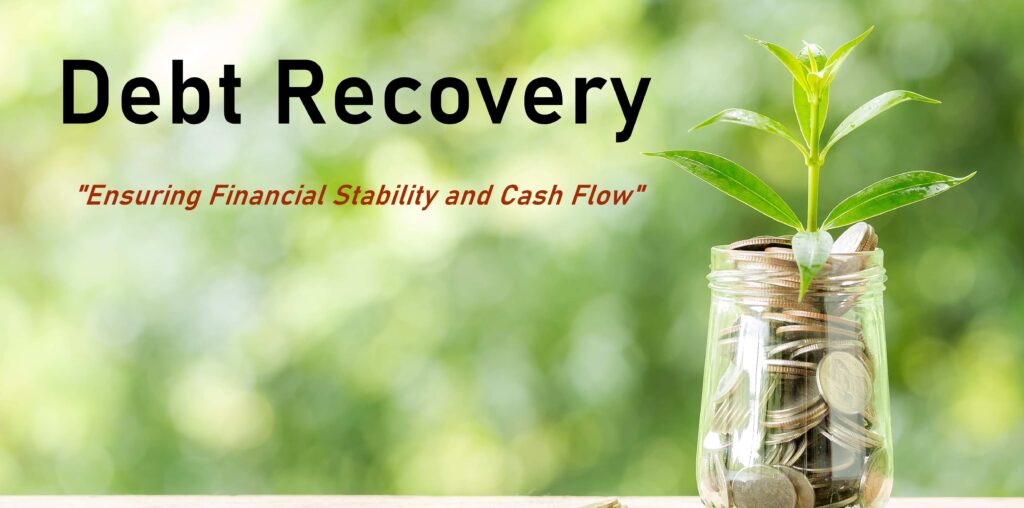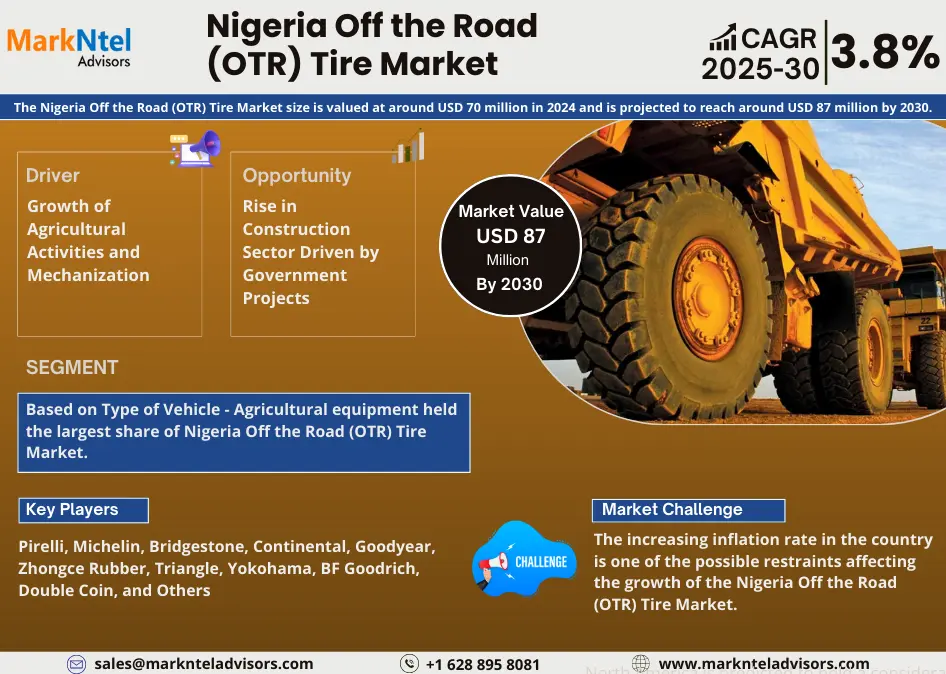Introduction
In the dynamic landscape of business operations, maintaining robust financial health is paramount. A critical component of this financial well-being is the effective management of accounts receivable. When businesses extend credit to other businesses, they anticipate timely payments. However, delays or defaults can occur, leading to the need for commercial debt collection. This article delves into the intricacies of commercial debt collection, exploring its significance, processes, challenges, and best practices.
Understanding Commercial Debt Collection
Commercial debt collection, also known as business-to-business (B2B) debt collection, involves the recovery of outstanding amounts owed by one business entity to another. These debts typically arise from unpaid invoices for goods delivered or services rendered. The entity owed money is referred to as the “creditor,” while the entity owing money is the “debtor.” Unlike consumer debt collection, which deals with debts incurred for personal, family, or household purposes, commercial debt collection focuses solely on business-related obligations.
Importance of Commercial Debt Collection
Effective commercial debt collection is vital for several reasons:
- Cash Flow Maintenance: Timely debt recovery ensures a steady cash flow, enabling businesses to meet operational expenses, invest in growth opportunities, and maintain financial stability.
- Risk Mitigation: Proactively addressing outstanding debts reduces the risk of significant financial losses and potential insolvency.
- Business Relationships: While debt collection can be sensitive, handling it professionally helps preserve valuable business relationships and reputations.
Commercial Debt Collection Process
The process of commercial debt collection typically involves several structured steps:
- Initial Communication: The creditor initiates contact with the debtor through formal communication channels, such as letters, emails, or phone calls, to remind them of the outstanding debt and request payment.
- Negotiation: If the debtor responds, negotiations may ensue to establish a feasible payment plan or settlement agreement that accommodates both parties’ financial situations.
- Escalation: Should initial attempts fail, the creditor may escalate the matter by involving internal collections departments or engaging third-party commercial debt collection agencies specializing in B2B debt recovery.
- Legal Action: As a last resort, if all other efforts are unsuccessful, the creditor may pursue legal action to recover the debt, which could involve filing a lawsuit or obtaining a court judgment.
Challenges in Commercial Debt Collection
Navigating the commercial debt collection landscape presents several challenges:
- Complex Transactions: Business dealings often involve intricate agreements and substantial sums, complicating the debt collection process.
- Jurisdictional Variations: Laws and regulations governing debt collection can vary significantly across different jurisdictions, requiring creditors to be well-versed in applicable legal frameworks.
- Maintaining Relationships: Balancing assertive debt recovery efforts with the desire to maintain ongoing business relationships necessitates tact and professionalism.
Legal and Ethical Considerations
While consumer debt collection is regulated by laws such as the Fair Debt Collection Practices Act (FDCPA) in the United States, commercial debt collection often lacks similar federal oversight. This absence of regulation places the onus on creditors and collection agencies to adhere to ethical practices and any pertinent state or local laws. Engaging in deceptive, abusive, or unfair practices not only damages reputations but can also lead to legal repercussions.
Best Practices for Effective Commercial Debt Collection
To enhance the efficiency and success of commercial debt collection efforts, businesses should consider the following best practices:
- Establish Clear Agreements: Draft comprehensive contracts with explicit payment terms, deadlines, and penalties for late payments. Clear agreements serve as a solid foundation for enforcing payment obligations.
- Implement Proactive Credit Management: Conduct thorough credit assessments of potential clients before extending credit. Regularly monitor existing clients’ financial health to identify and mitigate risks early.
- Maintain Detailed Records: Keep meticulous records of all transactions, communications, and agreements. Detailed documentation is invaluable in resolving disputes and supporting legal actions if necessary.
- Communicate Promptly and Professionally: Address overdue accounts promptly with professional and respectful communication. Early intervention can prevent debts from becoming unmanageable.
- Engage Professional Collection Agencies: When internal efforts are insufficient, consider partnering with reputable commercial debt collection agencies that possess the expertise and resources to recover debts effectively.
Conclusion
Commercial debt collection is an integral aspect of business financial management, ensuring that companies receive due payments for their products and services. By understanding the processes involved, acknowledging the challenges, adhering to legal and ethical standards, and implementing best practices, businesses can navigate the complexities of debt collection effectively. Ultimately, proactive and professional debt collection strategies contribute to sustained financial health and the fostering of enduring business relationships.




